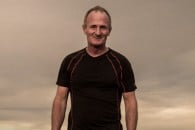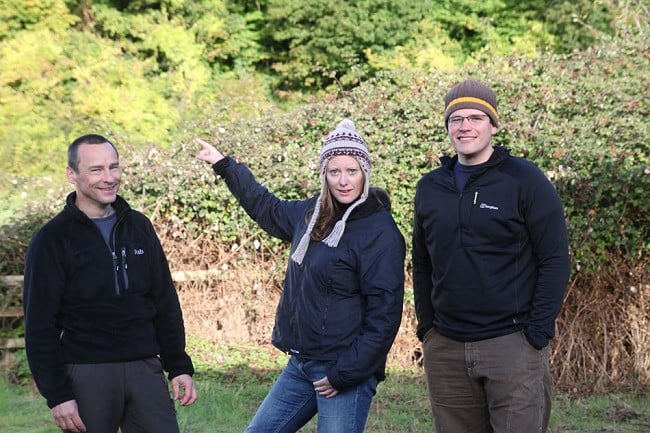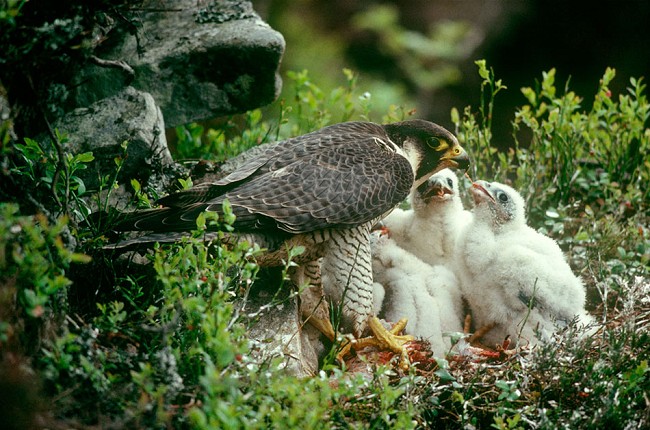
We can't avoid the fact that as climbers we leave our mark on the environment we play in. All outdoor recreationalists have an effect on the land, whether they are walking, mountain biking, skiing or climbing.
Climbers' feet and hands erode the rock, we trample vegetation and scare wildlife at the cliffs where we climb. Many bouldering areas are stained with chalk and at soft rock areas the holds are crumbling. New routes often need soil and vegetation removing before they can be climbed. In the greater ranges, alpinists leave the debris from their expeditions from base camp to the summit. Bolts pierce the rock and where there are bolts, climbers arrive in great numbers, often using the edges of a cliff as their toilet. Many places where we climb are privately owned or are near habitation which can cause disturbances, liability issues and conflicts.
This may sound dark but let's not forget that climbers have an excellent record of land stewardship, activism and conservation. One of the main reasons we climb is to enjoy the great outdoors: the fresh air, the landscape, the flora and fauna of the countryside and the mountain environment. The majority of us tread lightly and leave little trace of our passage. We work with conservation bodies and landowners to resolve any issues, but as climber numbers increase so will the problems we face.
Those who manage the land are watching us and if there are problems, or problems are to be avoided, we need someone to represent us. In England and Wales that is the the BMC Access Team.
On Monday November 1st it is your chance to publicly question the BMC Access Team of Cath Flitcroft, Rob Dyer and Elfyn Jones.
Access and Conservation is one of the most important aspects of the BMC's work. Please use this opportunity next week to ask constructive questions of the BMC Access Team: What they do? Budget questions or questions about BMC crag ownership, what you can do to help; or questions about a particular crag or climbing area.
Here Dr. Cath Flitcroft gives us some background on herself and the rest of the team.
Mick Ryan
Senior Editor
UKClimbing.com
The BMC Access Team by Cath Flitcroft
The BMC's access and conservation team is made up of three officers. If you have any questions on site based issues, how to improve the Regional Access Database or what the BMC has or should be campaigning on, then Monday November 1st is the chance to chat to us.
National Policy: Dr. Cath Flitcroft: - I deal with national and policy related access / conservation issues. I am responsible for managing the BMC's relationships with Government departments and agencies in England (Natural England and DEFRA) and NGOs at a national level. I also also lead on policy and legislation issues affecting the cliff and mountain environment in England. For example, I campaigned for the changes to the Marine and Coastal Access Act 2009 and am currently working on the BMC's occupiers' liability leaflet and a response to the Government's White paper on the Natural Environment. I will be carefully monitoring the Governments spending review and how this may impact on the countryside and sport. In the coming weeks I will also be visiting a number of MPs to raise the profile of the BMC and outline any concerns.
I've spent a lot of time in the Scottish wilderness and have been known to climb the odd vdiff. I have a PhD in peat bogs and before joining the BMC worked for the Moors for the Future project in the Peak District National Park.
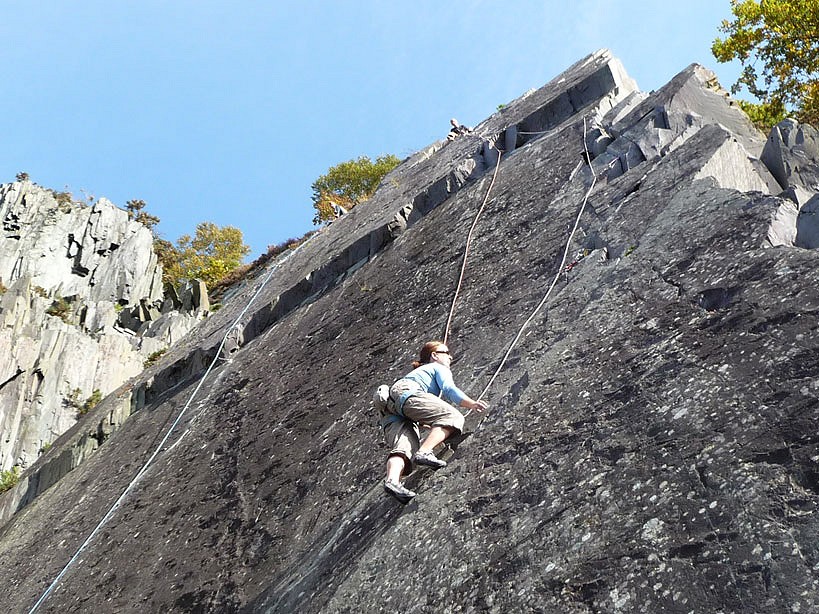
Regional issues – England Rob Dyer: Rob joined the BMC in July of 2010 and is responsible for dealing with access & conservation issues on the ground across England. He is responsible for negotiating access to crags and overseeing the annual bird nesting restrictions. He is also the office lead for matters relating to quarries and is responsible for supporting our team of local access representatives. He is currently working on a paper looking at quarry restoration, influencing the PDNPA asset review, and improving the access situation on the Dover chalk cliffs amongst other things.
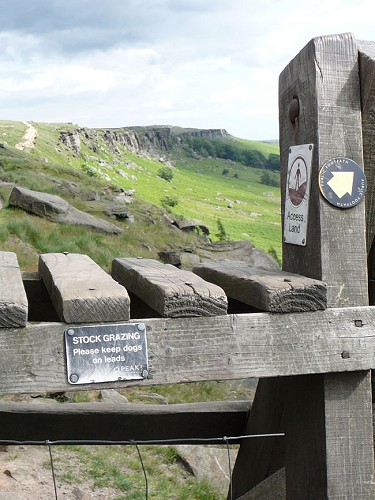
Rob previously worked for the Environment Agency in Cardiff and has been climbing and mountaineering for 10 years. In the last year he has broken his leg twice and now contains a minimum of 5% titanium.
Regional issues – Wales Elfyn Jones: Elfyn is the BMC & Conservation officer for Wales. He is based at Capel Curig and is the first port of call for all access/conservation issues in Wales. Recently he has been working on access to the Llanberis/Dinorwig slate quarries as well as Llanymynech, and has been raising the profile of the impacts of winter climbing on protected conservation sites. Elfyn is also looking at the wider issue of managing upland paths and assessing the likely impacts of cutbacks on upland path maintenance.
Previously a Property Manager for the National Trust for Snowdonia, he has also worked for National Parks in Snowdonia and Pembrokeshire. A first language Welsh speaker from a hill farming family, he has been climbing and mountaineering all over the world since age 11.
Meet the BMC Access Team on Monday 1st of November at UKClimbing.com

